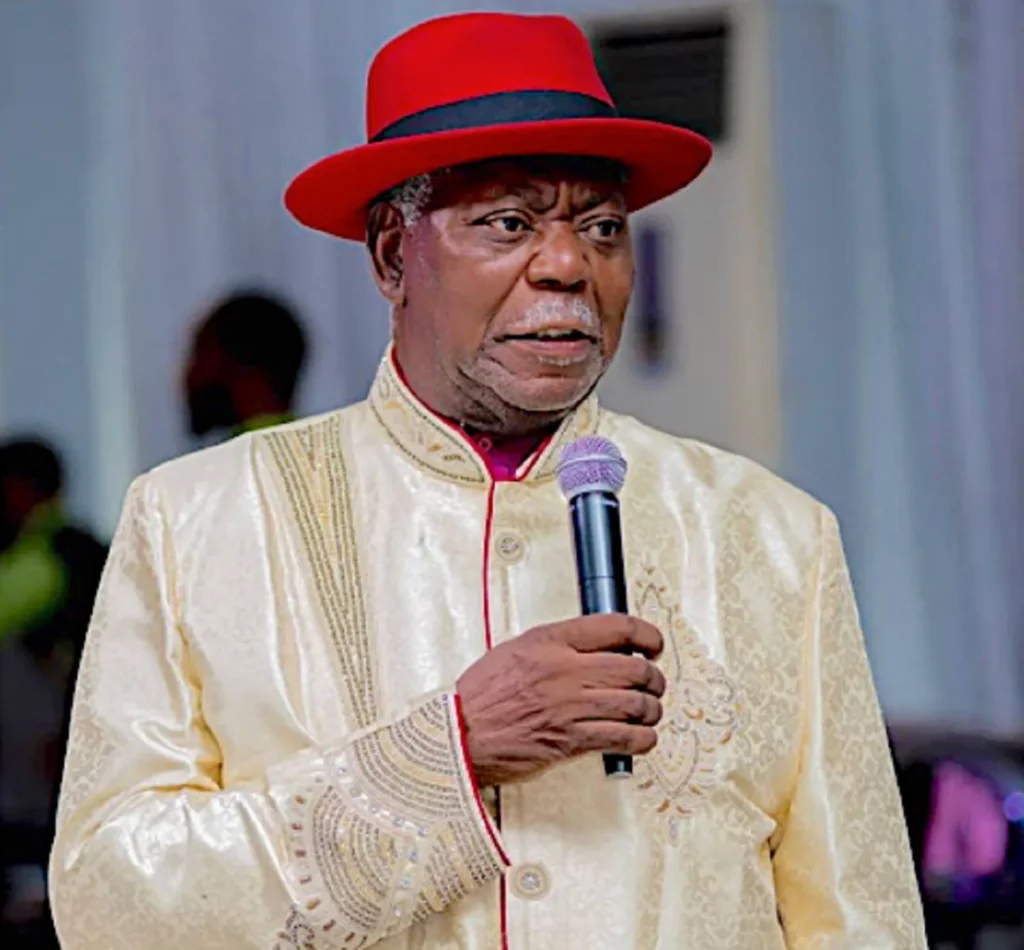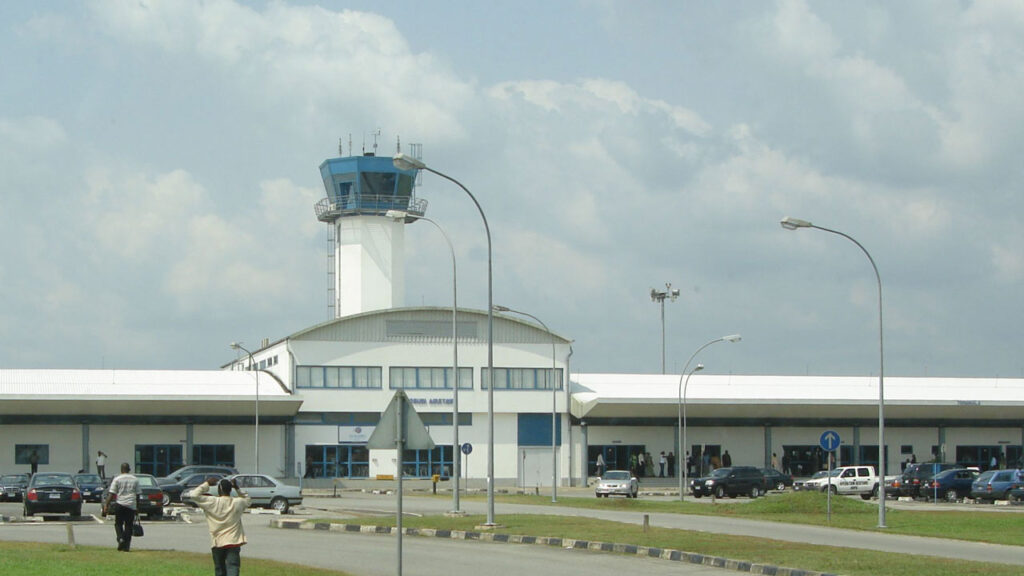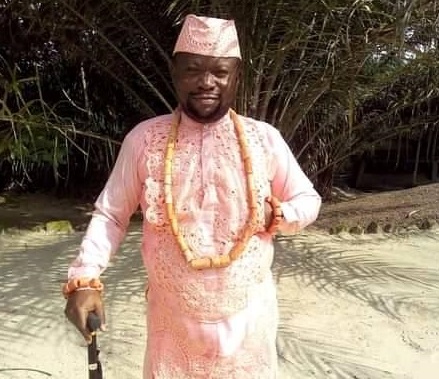By Ejiro Imuere
In a country rich with diverse historical figures and achievements, the naming of airports often becomes a subject of intense debate and controversy. Recently, the focus has turned to Osubi International Airport, located in Osubi, Delta State, Nigeria. The airport, recently named after Alfred Diete-Spiff, a prominent Nigerian military administrator by former President Muhammadu Buhari, is now the center of a contentious trail-naming dispute that has sparked heated conversation, chief of which is that of Dr. Ejiro Imuere, about the selection process and the heroes being honored.

The controversy surrounding the Osubi Airport’s name stems from several key concerns raised by Dr. Ejiro Imuere, “Firstly, it is trite knowledge that several airports across Nigeria bear the names of heroes hailing from or associated with the respective states. This pattern is evident when examining the names of airports such as Akure International Airport (Olumuyiwa Bernard Aliu), Benin International Airport (Oba Akenzua), and Gombe International Airport (Brig. Zakari Maimalari). However, this trend is not consistent with the naming of Osubi Airport, as it does not represent a prominent figure from Delta State.

“A second point of contention lies in the overemphasis on a select few national heroes, resulting in a lack of recognition for other deserving individuals. For instance, the renaming of Port Harcourt International Airport after Obafemi Awolowo, a highly regarded figure in Nigerian history, has raised eyebrows. Critics argue that Awolowo is already celebrated through the presence of a university named after him and his inclusion on a national currency note. Instead, they suggest honoring heroes like Melford Okilo, E.K. Clark, Alfred Diete-Spiff, or Festus Okotie-Eboh, who have made significant contributions to the region.

“Furthermore, I find the inclusion of certain figures in the national pantheon of heroes. The choice to name Nasarrawa International Airport after Usman Dan Fodio, a renowned Islamic scholar and leader, is something I take with mixed feelings because of his questionable status as a Nigerian hero, given that he lived before the establishment of Nigeria as a nation and the struggles for independence. While Usman Dan Fodio’s contributions to the Islamic faith are widely acknowledged, I strongly believe that national honors should be reserved for individuals directly connected to the fight for independence or the nation’s development”, he said.
